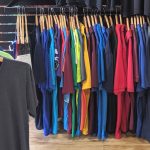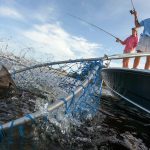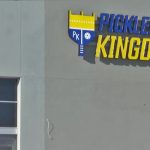Lenzing Group has shelved plans for a plant that makes basic viscose, or rayon, fibers in India, so it can step up construction of a factory that will make specialty fibers used by several outdoor and athletic brands to improve drape and wicking, enhance sustainability and mitigate the risk posed by volatile cotton and oil costs.
The announcement came as the Austrian company reported consolidated sales fell 8.7 percent in 2013 as a global cotton glut pushed down prices for the company’s basic Viscose fibers. Lenzing also disclosed that its management now thinks it can eliminate €120 million in annual costs by 2016, or three times its target of a year ago.
“We assume that the difficult market environment will continue in 2014 and perhaps far into the year 2015,” said CEO Peter Untersperger. “We are massively reducing costs at the same time adding impetus to the marketplace by promoting our specialty fibers Tencel and Lenzing Modal.”
Lenzing broke ground in mid-2012 on a plant in its home town of Lenzing that will increase global production of Tencel fibers by about 45 percent and also produce its Modal and Lenzing FR specialty fibers. In 2013, Modal and Tencel continued to command a 50 percent price premium over standard viscose fibers, despite the global cotton glut, said Friedrich Weninger, who oversees Lenzing’s fiber production.
Lenzing does not foresee any improvement in global fiber prices in 2014 due to historically high cotton inventories, high cotton production and surplus manufacturing capacities in China. Still, demand for the fibers remained strong at the beginning of the year.
The outlook mirrors conditions in 2010, when cotton prices spiked to a 140-year high on worries that poor harvests and rising demand in China would squeeze supply. At that time, many apparel brands mitigated rising costs by blending more rayon or synthetic fibers into their garments.














